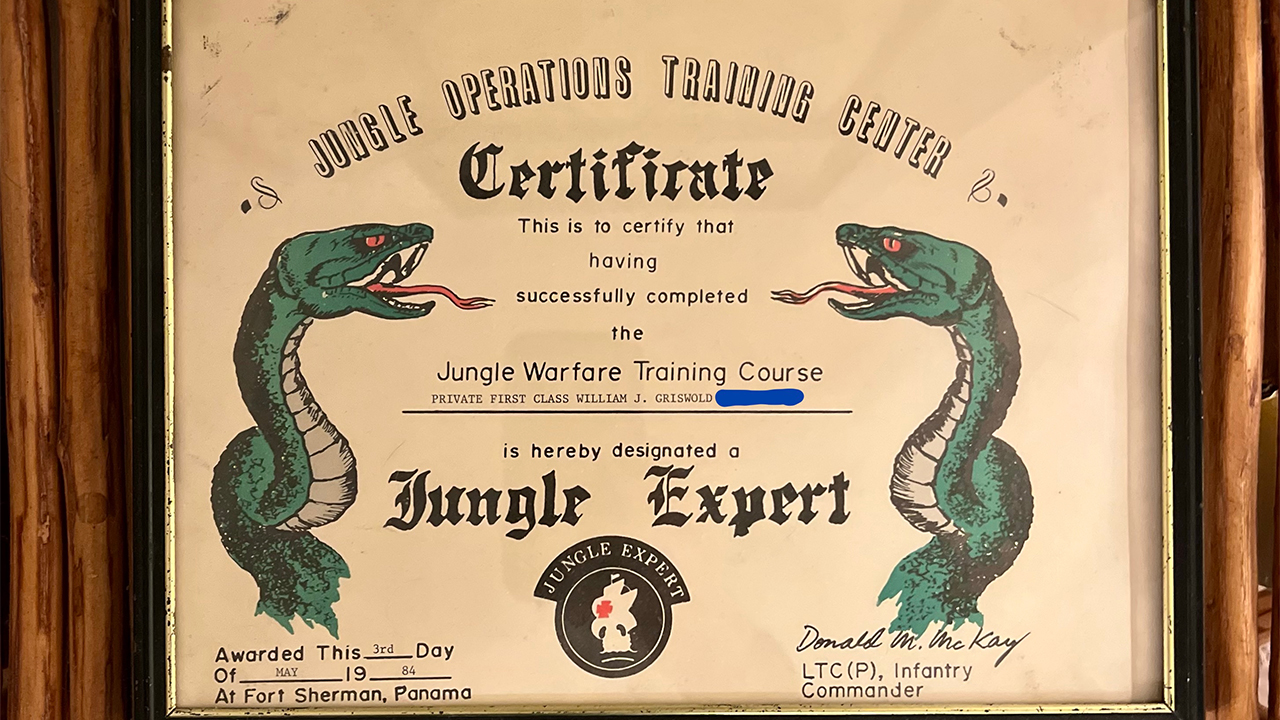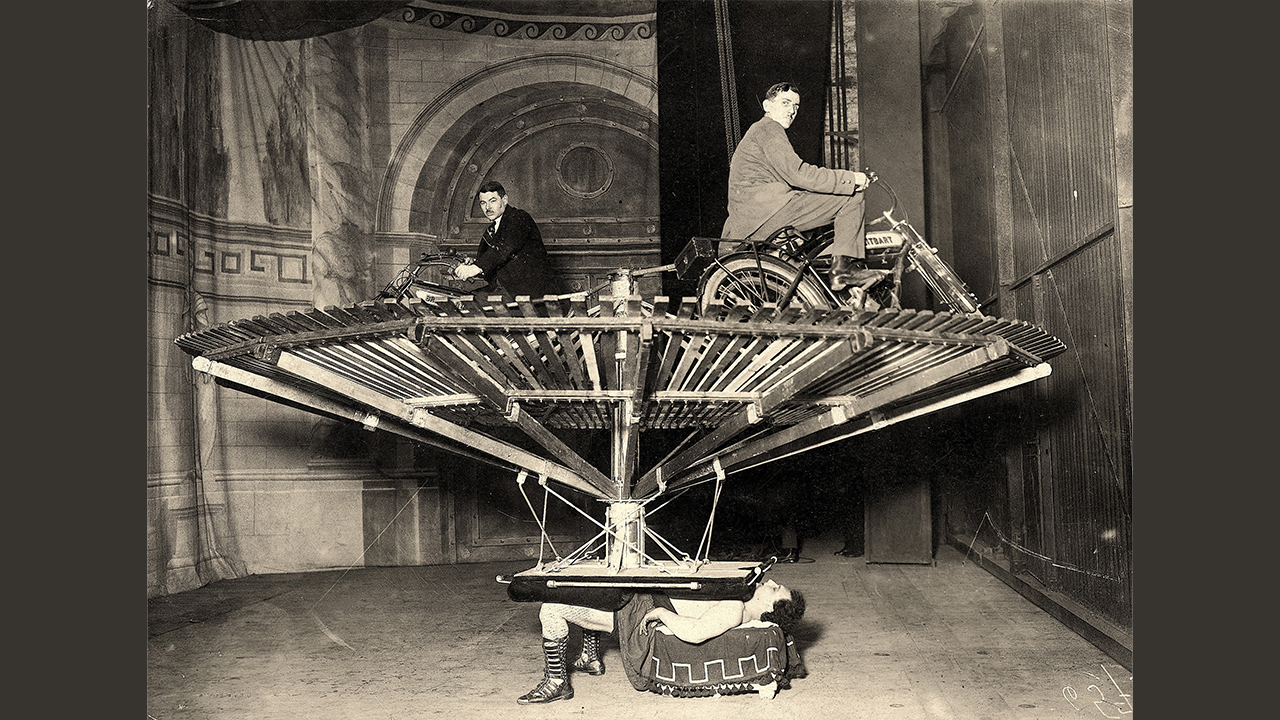The Exact Moment Chris Pratt Realizes He Is Rich
January 17, 2019
You will remember the scene, near the end of the first Guardians of the Galaxy movie, when Peter Quill (Chris Pratt) admits to himself, as much as to Nova Corpsman Dey (John C. Reilly), that he is the leader of his gang.
“They’ll be fine, Dey,” he says. “I’m gonna keep an eye on ’em.”
Reilly, going along with the still-somewhat goofy tone Pratt has said his line with, challenges him. “You?” he says, playing John C. Reilly as you might know him from a Will Ferrell movie.
Pratt narrows his eyes like a Sergio Leone character and gets very serious. “Yeah, me,” he says.
The studio lawyers have pulled down most of the clips from YouTube, but here is one (dubbed in Hindi) that runs to within one second of the heroic face that Pratt pulls and ruins everything. It is the face of someone who realizes he is a successful franchisee.
Pratt acted in Hollywood for most of a decade before he became well-known, as squidgy, dumb, but eternally-good-humored Andy Dwyer on Parks and Recreation (125 episodes, 2009-2015). It was a role he helped create, with costar Aubrey Plaza, his girlfriend and then wife on the show, and he brought that comic sensibility to Guardians, which became his star turn. Quill might have been just another comic-book superhero, but Pratt invested the character with charm and heart.
“Lovable scoundrel,” more than one publication called his character, as in: “Peter Quill is a comedic character, a lovable scoundrel with a massive ego who’s usually more concerned with being a smartass than he is with more noble pursuits.”
The New Yorker said of the first Guardian, “Chris Pratt, overflowing with charisma, plays the leader of the pack of misfits, and his blissed-out space cowboy (with a love for seventies music) is so full of good will that he buoys the film and its requisite whizbang special effects.”
This is not a small thing, when complaints are common that superhero movies are too much alike, especially in their reliance on CGI, violence, and melodrama.
But then we get that self-assured look, and Pratt becomes large and in charge. By 2018, with Jurassic World: Fallen Kingdom, he is a bona fide star who, by his choices of what he accepts and how he plays them, can be a little boring.
“What started as a movie about a theme park thus becomes, perhaps inevitably, more of a theme-park ride than a movie—largely neutralizing other assets, Pratt’s charm and comedic skills foremost among them,” someone at CNN said.
We have seen it before. Most of the examples are men—Harrison Ford, Nick Cage, John Travolta—who, after success by personality, are handed obscene amounts of money to do more simplistic movies and fall away from their main talent.
The warning signs are often there from the start. I know one astute moviegoer who will never forgive Harrison Ford for agreeing to swoop in to save the day at the end of Star Wars: Episode IV—A New Hope. Everybody knows, she says, Solo would have taken the money and run—and that is why we liked him. Ford has had a legendary career (Solo, Indiana Jones, a Bladerunner), but it is easy to believe the seeds of taking-oneself-too-seriously bore fruit in movies like Firewall.
(Women are not often handed the same cursed opportunities, so we cannot know if they would stumble similarly. Would Aubrey Plaza, who played the wonderful April Ludgate on Parks and Rec, take some gratuitously-sexed, humorless, Tomb Raider-style deal if offered?)
Pratt pulls the face, and I blame that choice for the death of half of all life in the universe. Now he has announced his engagement to American royalty (the Schwarzenegger-Kennedy line); where will the predictability stop? Last year, at the MTV Generation Awards and the Teen Choice Awards, he invoked God for his successes perhaps a dozen times. “I love God, that’s my thing I love him!” he shouted. “And you should too!” But this is a guy who plays a guy called Star Lord, after all.








